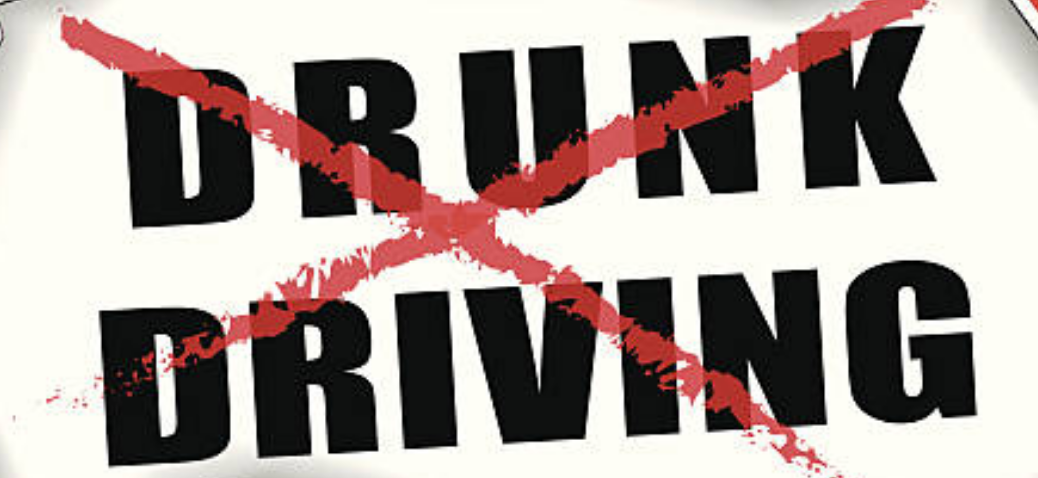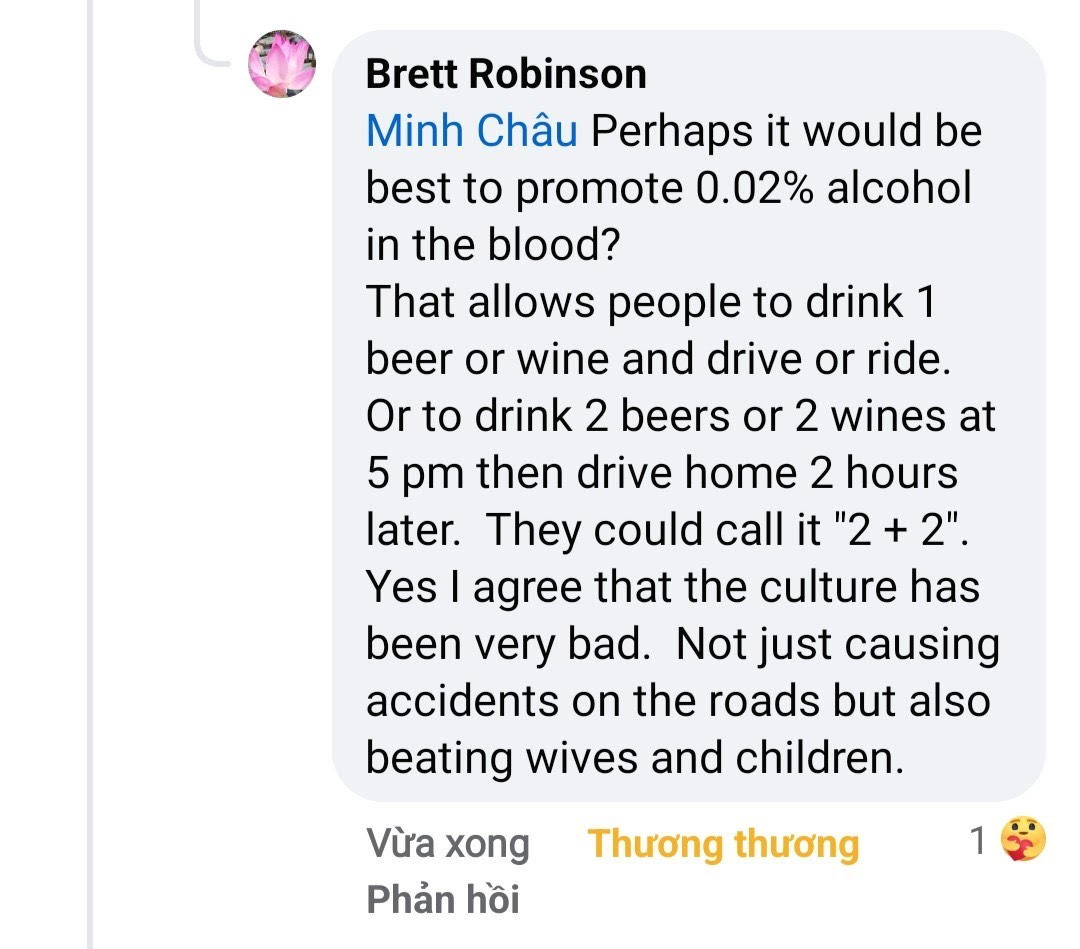The Ho Chi Minh City police's current initiative to step up blood alcohol content (BAC) testing is laudable for its commitment to enhancing public safety and reducing the risks of impaired driving.
However, the campaign has sparked several controversies, particularly amid foreigners in Vietnam.
Ho Chi Minh City launched a targeted campaign in anticipation of the upcoming New Year celebrations in January and the Lunar New Year, or Tet (which falls on February 10), focusing on ensuring a well-coordinated and safe environment.
Accordingly, traffic police in Ho Chi Minh City have been divided into 10 teams, of which five squads measure alcohol concentration in the central area and the others in the suburbs.
Daily operations are organized into four distinct six-hour shifts, with about 20 officers actively engaging in addressing violations within each team.
The patrol and control teams strategically adapt their inspection locations based on the prevailing circumstances.
Breath testing, where drivers are asked to blow into a device known as a breathalyzer, is conducted day and night.
Previously, from November 24 to December 3, local traffic police identified and documented 1,613 cases of blood alcohol concentration violations.
In the wake of Ho Chi Minh City's recent BAC testing initiative, numerous pubs and restaurants are grappling with declines in customers and substantial revenue losses.
Moreover, there are opinions saying that it is detrimental to the abiding Vietnamese cultural practice of gathering to eat and drink after work as well as during holidays and weekends.
Some say they ‘go home earlier’ or have given up their habit of hanging out with friends and enjoying alcoholic drinks after work.
In the meantime, Vietnam’s levels of alcohol concentration violations while driving prescribed in Decree 100/2019/ND-CP (amended in Decree 123/2021/ND-CP) also caused a lot of controversy.
Specifically, Vietnam categorizes BAC violations in three levels, ranging from the lowest to the highest alcohol concentration.
These include levels below or equal to 50mg in 100ml of blood or 0.25mg in one liter of breath, between 50 and 80mg in 100ml of blood or between 0.25 and 0.4mg in a liter of breath, and exceeding 80mg in 100ml of blood or 0.4mg in a liter of breath.
Generally, Vietnam's law mandates that drivers must be completely sober, abstaining from any alcoholic drinks, when operating bicycles, motorbikes, automobiles, or any other vehicles on the road.
However, there have been cases where BAC testing produced positive results for sober drivers.
Factors contributing to these anomalies include the consumption of fermented foods like lychee and apple cider vinegar or engaging in activities such as kissing someone who has consumed alcoholic beverages.
What do non-natives think?
According to a three-day online survey conducted by Tuoi Tre News in various Facebook groups of foreigners dwelling in Vietnam during December, a resounding 80 percent of the foreign respondents expressed agreement with the anti-drunk driving campaign led by the Ho Chi Minh City police.
Gus Cuthbert, hailing from Australia, said he “agrees wholeheartedly with the program” and that the campaign should be “nationwide” rather than just within Ho Chi Minh City.
“Alcohol and driving don’t mix,” he emphasized.
“Instead of complaining that it is hurting their business, the pubs and bars should collaborate and organize a free shuttle to their establishments so they can maintain their profits and keep everyone safe for return trade."
|
|
| A screenshot of an answer responding to the three-day online survey conducted by Tuoi Tre News in various Facebook groups of foreigners living in Vietnam. Photo: Minh Chau / Tuoi Tre News |
Bernd Neumann, a German, said that a lot of lives are saved from drunk drivers and riders due to the latest event.
“Millions of people including me are happy about the drunk people not killing anyone,” he said.
Stephan Marriott, echoed this perspective, emphasizing the need to educate people about refraining from drinking and driving, given the ample availability of taxis and ride-sharing services.
"Australia has a longstanding culture of drinking, but they transformed the culture of driving home afterward. It's crucial for people to recognize that drinking and driving results in harm to innocent lives and should not be considered a positive aspect of any culture," said Steve Brown, currently dwelling in Nha Trang City, Khanh Hoa Province.
On the other hand, some individuals believe that the recent implementation of 'zero tolerance,' a policy prohibiting any violations of a rule or law, is excessively stringent. In this context, the BAC must register at absolute zero.
Bruce Noble, residing in Hanoi, suggested incorporating some tolerance into the law to account for minor errors that do not impact driving ability.
“In Australia, 0.4mg in 100ml of blood is acceptable, meaning that the vehicle controller can have a standard drink with a meal,” he said.
"But a reading of 0.5mg would exceed the limit and result in penalties. What I am trying to convey is that a slight calibration of the testing device would be a bit fairer."
Eric Dixon, coming from San Francisco, also believes the restriction of ‘absolute zero’ is a bit stiff.
“The idea of testing for BAC is to catch people that are overdrinking, but if a person has one drink with food every hour then it would be within the legal limit,” he said.
Dixon suggested, “I think a better idea is to actually spend this effort to enforce good riding habits and traffic rules rather than look for someone that had a beer three hours ago and then drove home."
Ja Phics, of Dutch nationality, thinks it is unnecessary to conduct BAC tests during the day as “few people consume alcohol because most of them go to work and implementing these tests could lead to traffic jams and delays.”
Like us on Facebook or follow us on Twitter to get the latest news about Vietnam!




















































